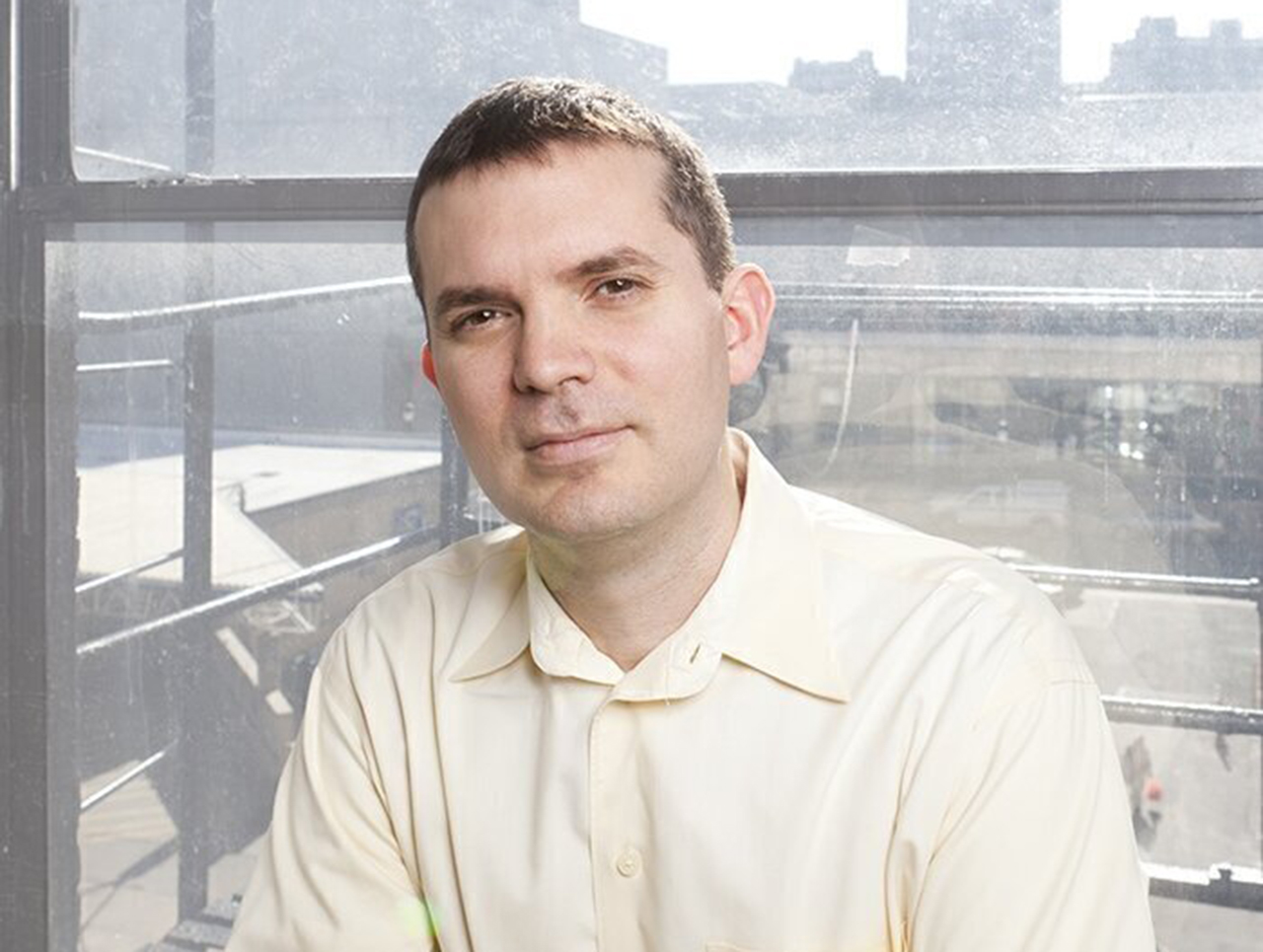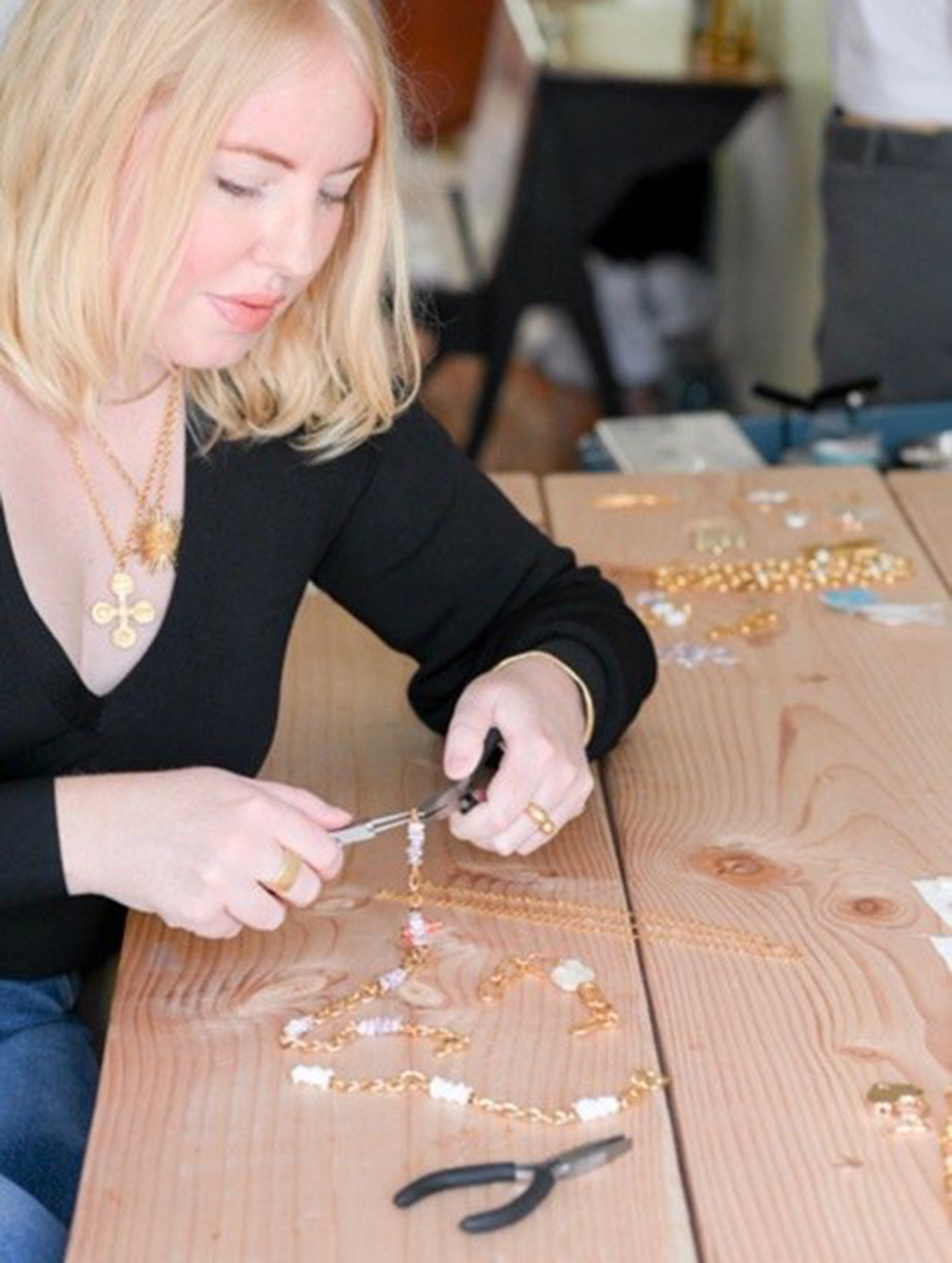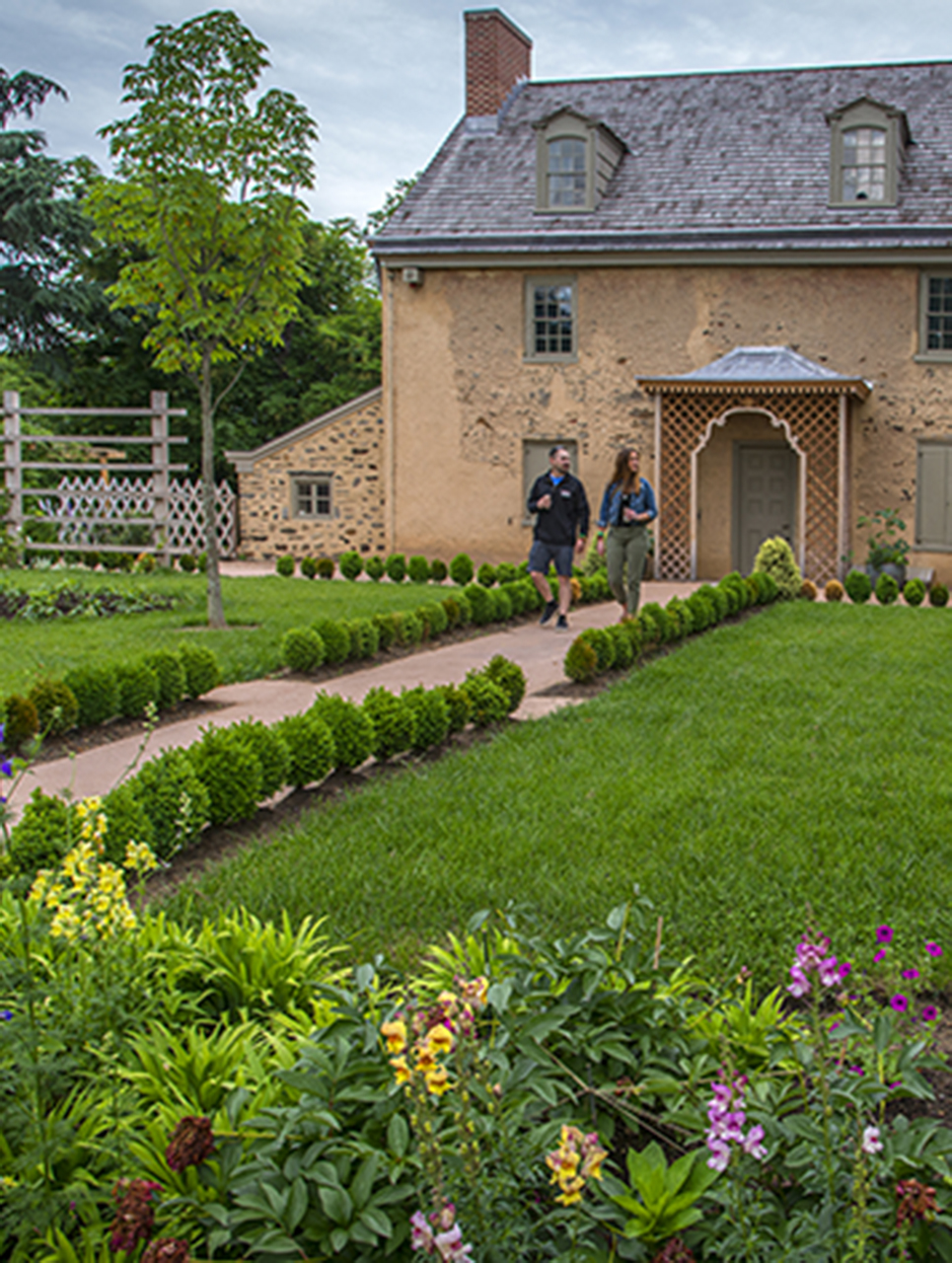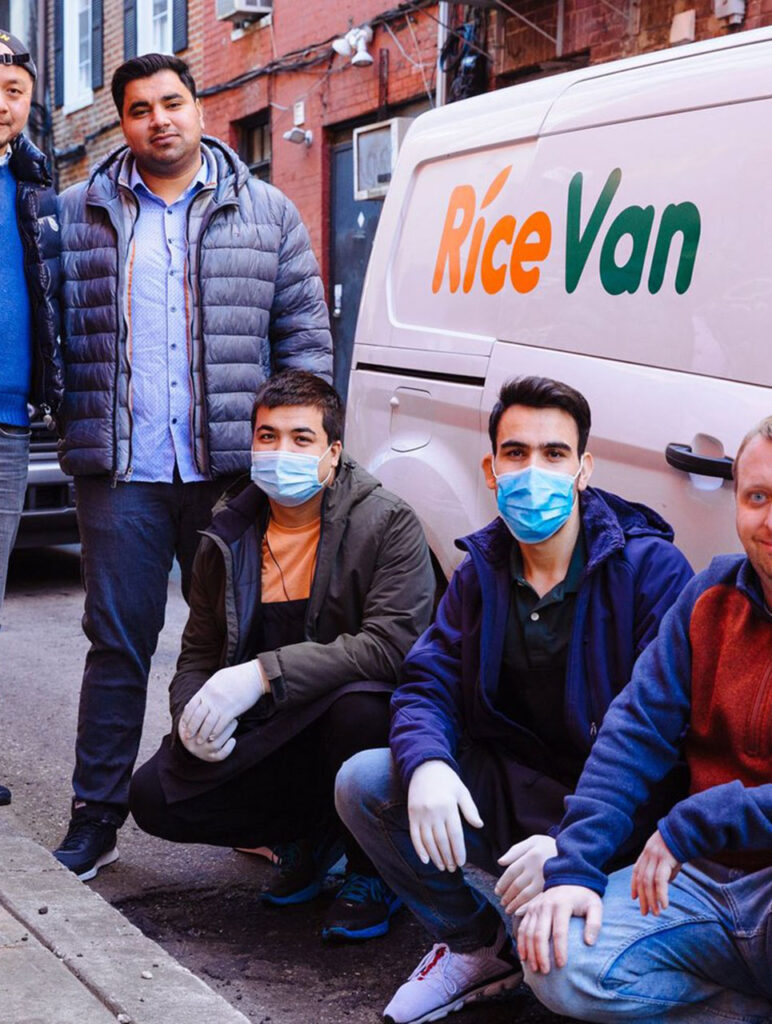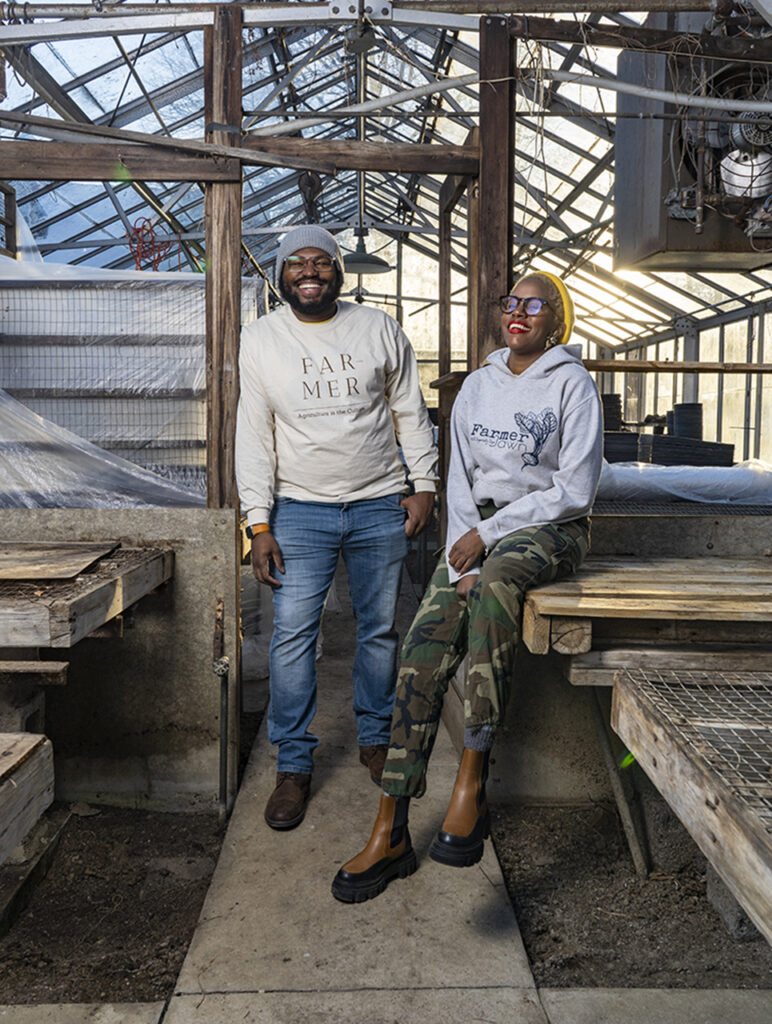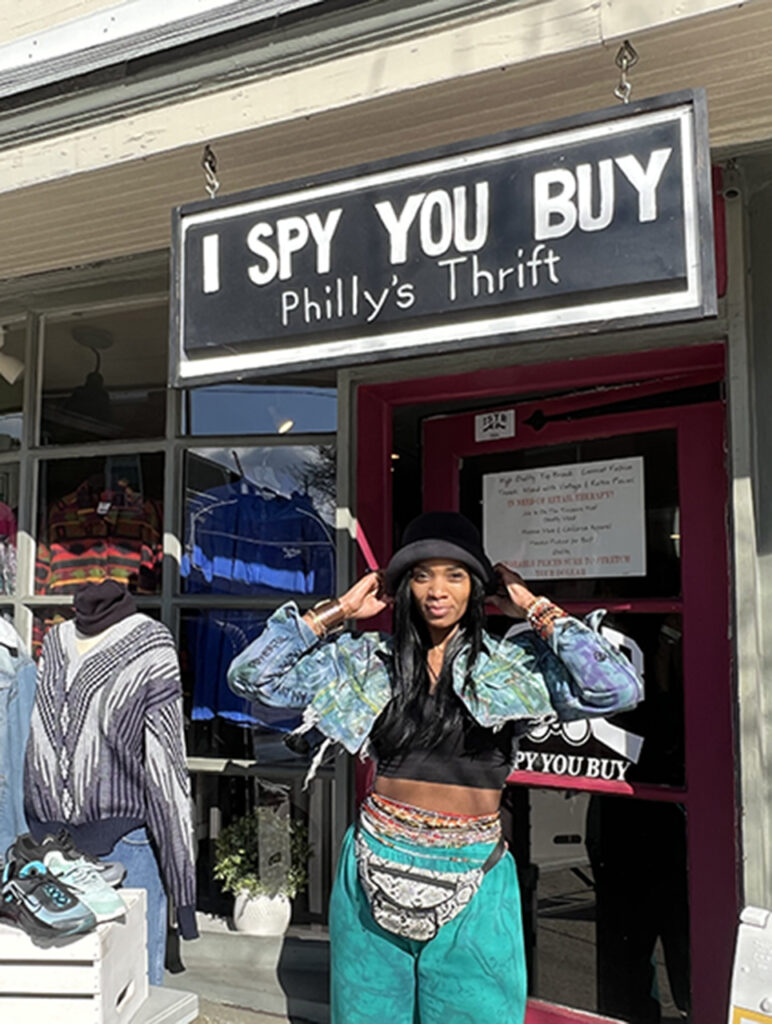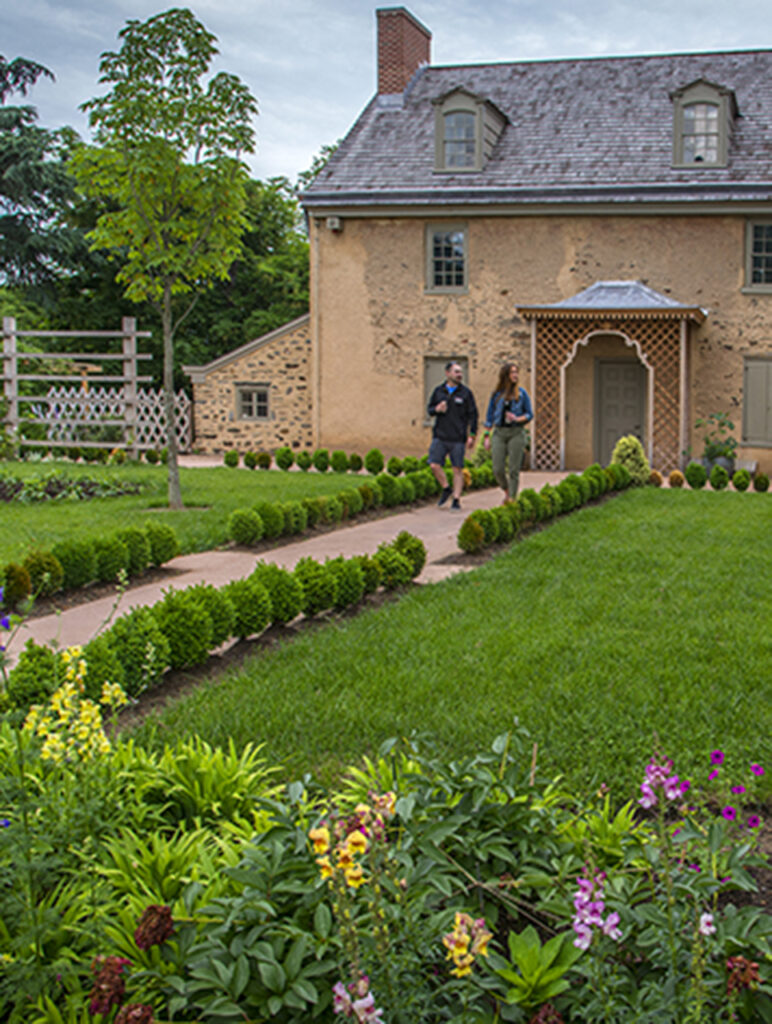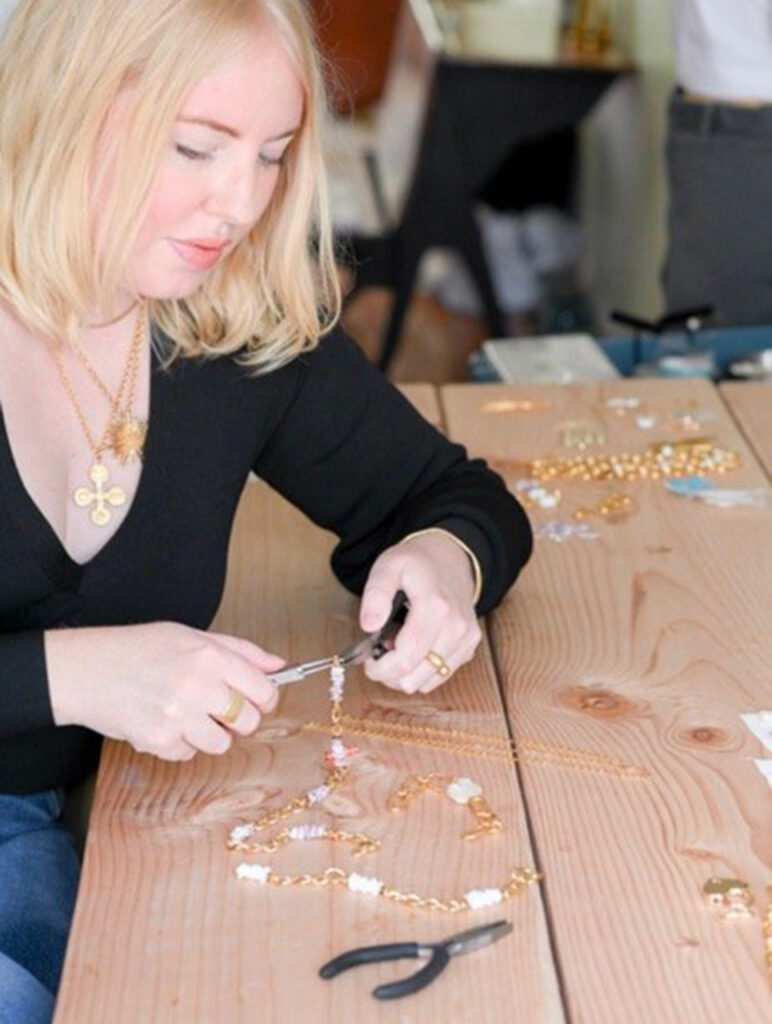
“Why should anyone consider farming as a livelihood these days?”
Brennan Washington, the owner of Phoenix Gardens in Lawrenceville, Georgia, paused at the question, posed by Hannah Smith-Brubaker, the executive director of PASA, at the 2022 Sustainable Agriculture Conference in Lancaster in February. Then he laughed a little, and the audience, largely composed of farmers, laughed as well.
He cited the important work that farmers do, maintaining crop biodiversity, serving a community, and singled out the Heirloom Collard Project as an example of farmers protecting history and keeping heritages alive. But, he said, you have to be a little bit crazy to farm for your livelihood. By crazy, he means willing to endure an uphill struggle, and to enjoy a reward that is not financial.
“I think there are so many other things that small farmers are contributing to society over and above money. And I know that sounds counterintuitive. You have to be able to make money to be sustainable, but there [are] things that society needs to be a sustainable community.”
Our cover story is about FarmerJawn, founded by Christa Barfield, and how she is trying to make a small farm work locally. Like many other farms, FarmerJawn is doing a variety of things to be financially sustainable: offering a CSA, creating value-added products, broadening their retail to include items other than food, forging an alliance with a real estate developer and launching an educational nonprofit. She’s hustling.
As is often the case when I read Grid stories, I’m equal parts inspired and, depending on the day, angry or disheartened. (For the record, most days I’m inspired.) Growing healthy food has to be among the most—if not the most—important job in the world. Why is it so difficult to make a living doing it?
Next month, we are launching The 2030 Series: The Past, Present and Future of Sustainability. Grid is now in it’s 14th year (OMG!), and much has changed since our inception, including a deadline threat issued by climate scientists: We have until 2030 to drastically change the way we live to avoid worst-case scenarios from climate change.
I recently had the pleasure of jointly interviewing the three people who have held the position of director at the City of Philadelphia’s Office of Sustainability: Mark Alan Hughes, Katherine Gajewski (who both served under Mayor Nutter) and Christine Knapp, who currently serves in the Kenney administration.
In the course of the interview, Gajewski mentioned a recent conversation she had about the Build Back Better Act, where the prospect of decoupling climate change initiatives and the child tax credit was discussed. She recognized the political logic of doing that, but expressed her reservations.
“If we’re gonna be the kind of society that is able to take ambitious action on climate, those are the same values that support children and families. It’s about creating a caretaking society.”
In a caretaking society, it won’t be economically harrowing to run a small farm.
For now, FarmerJawn is not only trying to piece together a sustainable enterprise, they are also aiming to train a new generation of farmers. It has been said that planting a seed is a sign of optimism. It could be added that training others to plant a seed is an act of heroism.

Editor-in-Chief
alex@gridphilly.com


